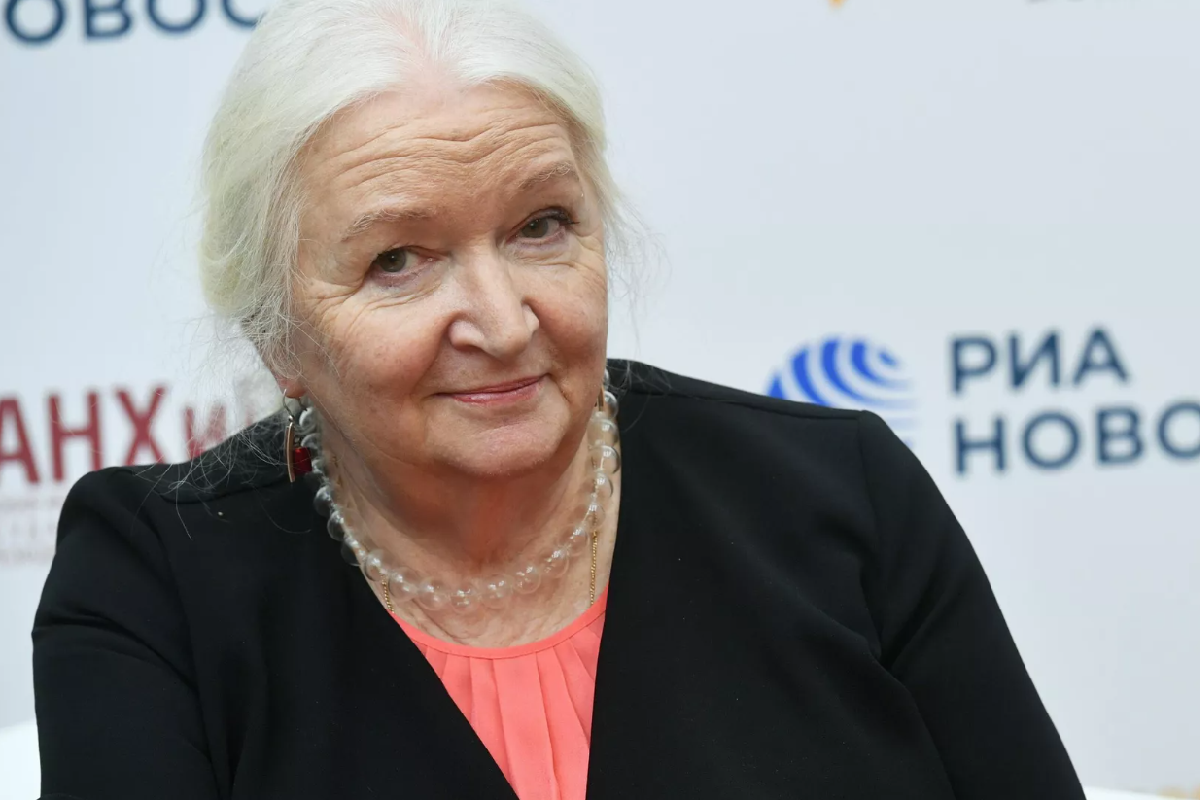RIA Novosti: Tatiana Chernigovskaya: It is time to think differently than we are used to

Today, scientists must dare to think differently than they are used to. They should think more holistically, combining natural sciences with philosophy, the Buddhist worldview, and art, said Tatiana Chernigovskaya, Head of the Institute for Cognitive Studies at St Petersburg University, Doctor of Philology and Doctor of Biology, and Member of the Russian Academy of Education.
"We must dare to think in a different way, not as we have been used to for thousands of years. We must think in a way that we are supposed to do it now," said Tatiana Chernigovskaya, speaking on the topic "Science of the new age — philosophy and art" at the conference "Tibetology and Buddhology at the Science and Religion Intersection" at the Institute of Oriental Studies of the Russian Academy of Sciences.
Science has its own "game rules" that require proof by theories, verifiability, cause-and-effect relationships, and classifications, said Tatiana Chernigovskaya. "Yet there is a holistic (integral — Editor’s note.) approach. For example, the game of Go implies not only enumeration of operations, but also complex strategies," said Tatiana Chernigovskaya. She believes that this is the approach that science needs to adopt today.
Leading Russian neuroscientists have begun collaborating with Buddhists in studying consciousness as a phenomenon, in animals, in humans, and the possibility of emergent consciousness in artificial intelligence. Konstantin Anokhin, Director of the Institute for Advanced Brain Studies at Lomonosov Moscow State University and Member of the Russian Academy of Sciences, acted as the scientific organiser of two international conferences on animal consciousness. Among them were the following: Animal Consciousness Conference, held in Dharamshala in 2023 with the personal participation of the Dalai Lama; and How to Study and Understand Non-Human Consciousness, held in May 2024 in the capital of Nepal, Kathmandu.
"Science cannot ignore what Buddhist philosophy has achieved over thousands of years of thinking about this issue. Buddhist philosophy poses global questions: what is life in general, what is our mind, whether it includes feelings and qualia (subjective sensations — Editor’s note.). And the question of what responsibilities we have towards all those with whom we live on this planet. Animals have many skills in another field. For now, human exceptionality, as far as we know, is that we have such a powerful tool of thinking as language," added Tatiana Chernigovskaya.
At the suggestion of the Dalai Lama, Tatiana Chernigovskaya recalled, Russian researchers led by Academician Svyatoslav Medvedev, who headed the Institute of the Human Brain of the Russian Academy of Sciences for many years, took up the study of a phenomenon that has not yet been explained in science, but is known in Buddhism. It is Tukdam (posthumous meditation — Editor’s note.).
The human brain, Tatiana Chernigovskaya explained, "is not something that reacts to the world, but something that creates worlds, and these worlds can be unsafe — everything depends on them, including life on the planet." "The time has come for synergy (a strengthening effect of interaction — Editor’s note.). And art is perhaps the best thing we have created," she concluded.
The international conference "Tibetology and Buddhology at the Science and Religion Intersection," which took place this week in Moscow and brought together leading secular scholars and Buddhist geshes from Russia, India and other countries, was organised by the Institute of Oriental Studies of the Russian Academy of Sciences with the support of the Moscow foundation for the promotion of the preservation of the cultural and philosophical traditions of Tibetan Buddhism "Save Tibet."

